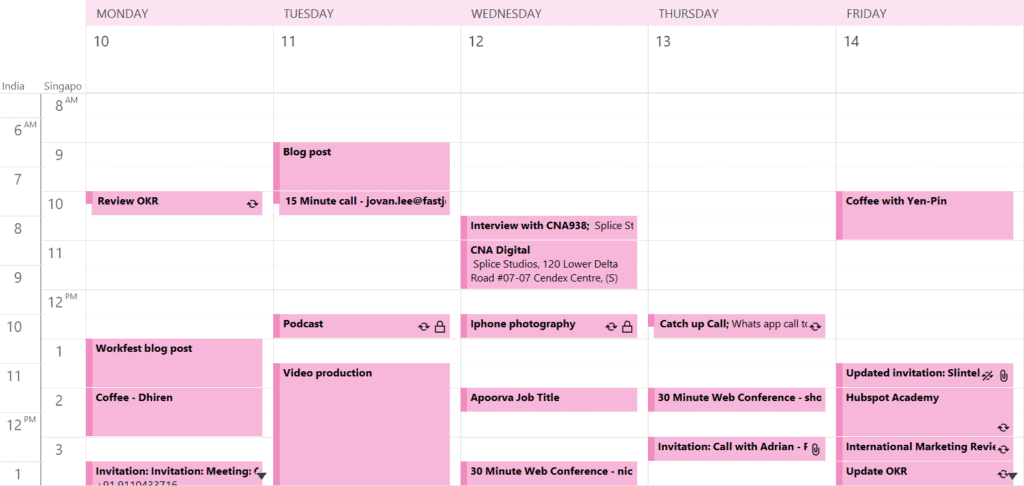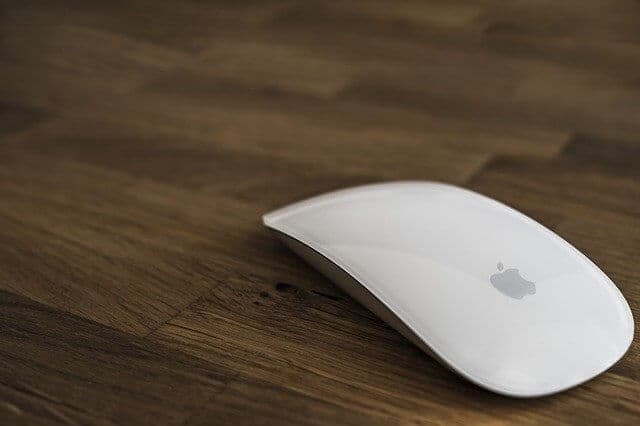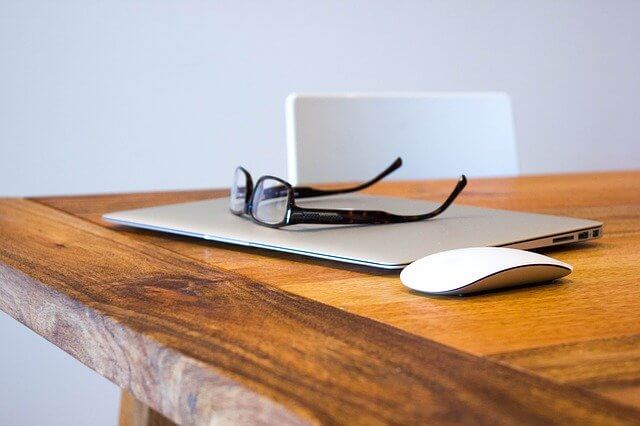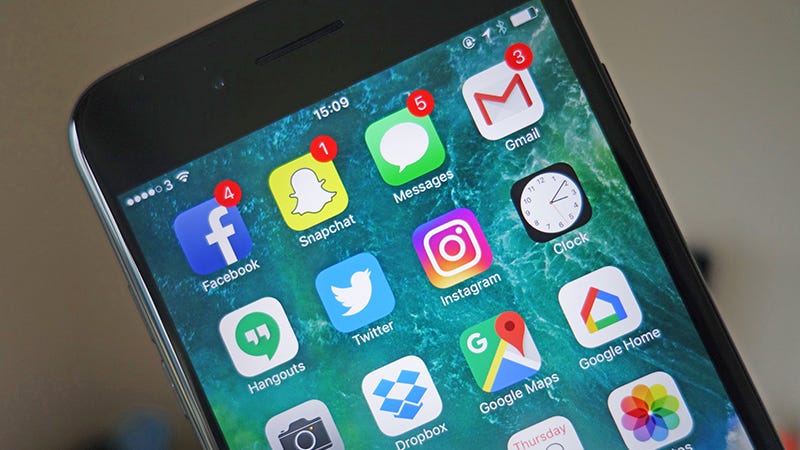With the COVID-19 situation still hanging in the air, many companies that could implement some form of remote work have done so.
This is done to minimize the possibility of their employees contracting the virus since you have lesser chance of mingling with crowds without the peak hour commute and lunchtime jam.
But for many people, working from home can be extremely challenging.
For some, you may not have a work table at home. Work means at your dining table or even on your bed.
For others, you may be like me with kids at home and that can be distracting.
Whichever your situation is, there are ways to make it work. But it calls for changes to how you work.
How I got started
The Singapore government started promoting flexible work arrangements (FWA) I think back in 2008/2009.
It was supported with a subsidy and was known as the WoW! Fund.
The subsidy helps companies to defray the costs of getting servers, laptops, IP phones, and other infrastructures to support your flexible work arrangements.
Working remote is just one form of FWA. Others could be staggered hours, compressed work weeks, job sharing, part-time and annualised hours.
My company was probably the 2nd batch of companies to apply for the grant and hence the approval came really fast.
As part of the arrangement, we need to provide staggered hours and telecommuting for everyone.
That’s how it all got started.
Worklife grant
Interesting, I was involved in the other side of the fence when I co-founded a HR consulting business and one of our main is to help companies apply FWAs via the re-branded WoW! Fund.
Called the Worklife Grant, the specs has changed but the principles remain.
That exposed me to various situations (and resistance) from companies when it come to adopting FWAs.
I have companies that couldn’t give up their precious alternative Saturdays to achieve compressed work weeks.
And others that just have zero trust that their employees would work or start work on time if they are not working in the office.
COVID-19
With the virus situation happening in 2020, many companies are forced by circumstances to apply FWAs.
We have DBS bank evacuating hundreds and sending them to work from home, and many other companies are following suit as well.
It is much easier infrastructure-wise to make that work compared to what I have to go through in 2008/2009.
Back then, we need to replace our desktop with laptops. Our CRM is an on-premise version. We had to move it to a server and make sure that server stays connected to the Internet.
Also redirecting our keyphone system is a pain. With IP phone portal, you can just login to make the redirection so calls to your office number gets routed to your mobile instead.
All that is good but working remotely can be challenging given the different environment and, for some, the allure of distractions since no one is watching.
Snippets of what I shared recently on mainstream media:
- The biggest work-from-home exercise may have just begun
- Adapting Business Operations to the Coronavirus Epidemic
Having attempted remote work on-and-off over the past decade, I’ve learned a few tricks to make it work for me without sacrificing for quality.
And some was asking me how I go about my work day now given that I’m also working remote for the time being.
Here’s how I arrange for workday to make all that possible.
1. Frontload your daily wellness routine
Before my work, I would go for a 30 minutes exercise followed by a 25 minutes unguided meditation.
Here’s the exercise breakdown:
- Monday: Gym – Biceps/Triceps
- Tuesday: Run
- Wednesday: Gym – Chest/Back
- Thursday: Run
- Friday: Abs
For meditation, I use Oak as the app to track my timing.
I just started on Nike Run Club to track my runs and hope to move to Nike Training to track my workouts soon.
The benefits of both aside, having them frontloaded prevents work interruptions because I won’t need to go exercise over lunch period.
It’s too hot to run during lunch in Singapore anyway!
2. Dropped the caffeine and nicotine
I’m currently on day 40-ish of no caffeine and more than a year without cigarettes.

My body cortisol level has returned so I can stay awake during the day without the coffee clutch. Again, no interruption from work because I need another cuppa.
Smoking is also a huge interruption and not to mention the time I need to spend often cleaning up the mess (I stay in a very windy apartment).
It may not seemed much but add up the time spent making/drinking coffee and smoke breaks and you can tell how much time I saved daily.
3. Schedule everything
Procrastination happens to the best of us.

Writing this article is a major procrastination for me.
So for everything that I need to do, I will put it into my calendar.
If not just act as a reminder, my time gets blocked so no one can block the same time for a discussion.
This is something I picked up from Jeff Weiner – he schedule time blocks to do nothing (but to think)
4. Try to reduce time-drain
Which often comes in the form of communication.

There are many times people may just want to call you just to find out where is that one file on the file server.
Seriously, that can’t be a message?
So I take a standard reply to try to reduce every meeting to a phone call, every phone call to an email, every email to a message and so on.
[callout]Looking for an enterprise messaging platform? Check out Zippi. It has military-grade security with user friendliness of a consumer app[/callout]
Guess what? Things still work!
And for non schedule calls, I would try to ignore them.
Usually a message would follow and the problem can simply be solved on text but the caller had chosen to kill ants with a sledge hammer.
Just don’t give them that opportunity.
5. Do your analytical work early in the day
In When: The Scientific Secrets of Perfect Timing, author Daniel Pink shows that timing is really a science.
This may work otherwise for you based on your circadian rhythm, but I try to bash through my analytical work before lunch time.
According to Pink, try to tackle analytical problems in the morning and save creative pursuits for later in the afternoon and early evening.
Also my kids reach home by 2:30pm. The door to my room is closed but you can’t shut the noise.
Analytical works require a quieter and peaceful environment.
6. Pairing with Baroque music
Over the last 25 years, researchers have generally agreed that Baroque music — Bach, Handel, Vivaldi, Scarlatti, Corelli, and Telemann are its most celebrated composers — is best for creativity.
Here’s a two-hour YouTube video you can play to see if Baroque music helps you.
I tried listening to podcast while working but it is impossible.
Having said that, I still go to my podcasts on Friday when I’m focusing more on administrative work.
Here is my playlist
7. Use tech to save time
Many would know I’m a big tech fan and there are many out there to help you save unnecessary time in getting something done.
For me it is to achieve more in lesser/same amount of time.
Or it is so you can be more focus because getting distracted at home can often lead to a rabbit hole of Instagram and YouTube.
Some of the tech I’m using which you can explore:
8. Screen time
If you are just not disciplined enough, set screen time for yourself.
I have mine on 9pm to 9am so there is no notifications and access to time-sucking apps.
Yes, I still can override but the process of doing so will often remind myself that I set it up for a reason.
In most instance, I would stick to it.
9. Stop reading the news
I learned this from Tim Ferris 4-hour workweek.
Reading news is a major rabbit hole for me as news articles often carry hyperlinks and you just keep reading on and on.

And honestly what can you do about knowing that the PM of East Timor has resigned?
If the news is truly important (such as Covid-19), you can be certain that someone will tell you about it.
So anything non-actionable I try to avoid over weekdays.
10. Remove notifications
The dings and chimes can sound so addictive and often bring you into a spiral that shaves 20 minutes off your work.
All my social media apps notifications are turned off.
The only ones that are active are messaging/communication apps and calendar alerts.
11. Use a mouse
Really.

I can mouse faster than you can touchpad.
All the seconds add up.
Conclusion
Do you know that an average German work 1,400 hours per year? (Singaporeans are around 2,200 hours)
I got to witness that when I was in Germany a few years ago in my previous job.
They do short lunches, few pantry talk and they will pack up for home even if it isn’t 5pm because their work is done.
It helps that for many the commute home is a 2 hours drive away.
For me, it opened my eyes to how work can be done differently to the same/greater results.
So that I can spend quality time with my family when work is over.
The same adage applies to my remote work which makes it very easy for me to glide into.
I hope you will find them useful too.
Any of these tips work for you?






